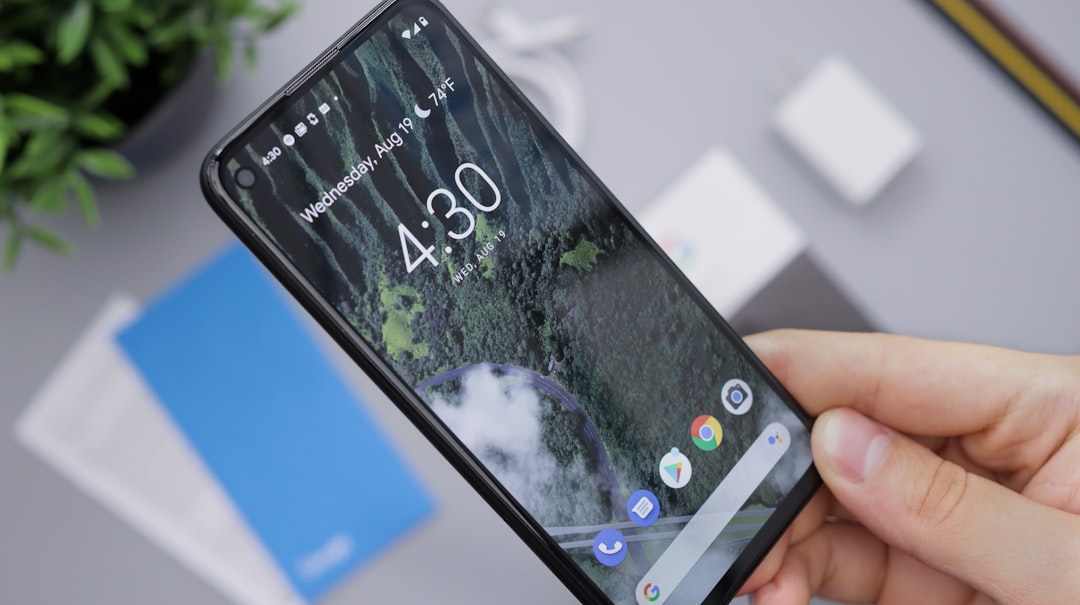Dayton, Ohio, has pioneered sonic branding regulations to protect consumers from intrusive telemarketing practices, empowering individuals like those needing a No Call Attorney Virginia to control their phone interactions. Sonic branding, using unique sound identities, enhances brand recognition and evokes emotions before any interaction begins. In Virginia, where No Call Attorney services are prevalent, adopting these strategies can improve consumer experiences, foster trust, and increase satisfaction. Businesses must follow stringent privacy measures, maintain do-not-call lists, obtain explicit consent, and provide transparent communication with clear opt-out options to avoid legal issues in Virginia, with consumers having the right to sue for damages and injunctive relief.
Dayton’s approach to regulating sonic branding in telemarketing is a significant development in consumer protection, particularly for Virginia residents. With the rise of aggressive marketing tactics, understanding Dayton’s role and its impact on consumer experience is crucial. This article delves into the legal framework designed to safeguard consumers from abusive sonic branding, offering insights for businesses aiming to comply with Dayton’s regulations and avoid legal troubles with No Call Attorney Virginia.
Understanding Dayton's Role in Telemarketing Regulation

Dayton, Ohio, has emerged as a significant player in regulating sonic branding in telemarketing, with its unique approach to consumer protection. The city’s regulations target the use of specific sounds, jingles, or phrases in telemarketing calls, aiming to prevent annoyance and manipulation. This initiative is particularly relevant for No Call Attorney Virginia residents who often face relentless sales pitches despite their registration on do-not-call lists.
The Dayton City Council has implemented strict guidelines to curb excessive and unwanted telemarketing practices. These regulations require companies to obtain written consent before using sonic branding, ensuring that consumers are aware of and agree to the use of such tactics. This proactive measure empowers residents to have more control over their phone experiences and reduces the potential for deceptive marketing strategies.
The Impact of Sonic Branding on Consumer Experience

Sonic branding, an innovative marketing strategy, has significantly transformed the consumer experience in telemarketing. When a company’s unique sound or ringtone is associated with their brand, it creates a familiar and memorable impression on callers, even before any conversation begins. This subtle yet powerful tool can evoke emotions, enhance brand recognition, and set a positive tone for the interaction.
In Virginia, where No Call Attorney services are prevalent, understanding the impact of sonic branding is essential. Effective use of ringtone strategies can help businesses differentiate themselves from competitors and ensure a more welcoming consumer experience. By carefully crafting their sonic identity, companies can foster a sense of trust and engagement, potentially leading to improved customer satisfaction and loyalty, especially in an age where telemarketing calls are often met with skepticism or dismissed outright.
Legal Framework for Protecting Consumers from Aggressive Sonic Branding

In many jurisdictions, including the United States, there’s a legal framework designed to protect consumers from aggressive marketing tactics, such as sonic branding. The Telemarketing and Consumer Fraud and Abuse Prevention Act (TCFA) and state-specific No Call laws are key components in ensuring telemarketers adhere to ethical practices. These laws empower consumers to take action against unwanted calls, including those using distinctive or intrusive audio cues. For instance, a No Call Attorney in Virginia can assist residents in registering for do-not-call lists and pursuing legal remedies if their privacy rights are violated.
The TCFA prohibits certain deceptive telemarketing acts, while state laws like Virginia’s specific No Call regulations provide additional safeguards. Consumers have the right to sue telemarketers who persistently make calls in violation of these rules, seeking damages and injunctive relief. This robust legal framework underscores the importance of responsible marketing practices, ensuring that sonic branding doesn’t encroach upon consumer privacy or become a nuisance.
Strategies for Businesses to Comply with Dayton's Regulations and Avoid Legal Troubles in Virginia

To comply with Dayton’s regulations and avoid legal troubles in Virginia, businesses engaging in telemarketing should implement robust strategies that respect consumer privacy and preferences. One key step is to establish a comprehensive do-not-call list, regularly updated and honored, to ensure that no unwanted calls are made to registered numbers. Businesses should also implement clear consent mechanisms for all marketing efforts, obtaining explicit permission from recipients before initiating contact. Transparency in communication is crucial; revealing the purpose of the call and providing an easy opt-out option can significantly enhance consumer trust.
Additionally, training employees on compliance protocols is essential. This includes teaching them to verify consumer preferences accurately and ensuring they understand the legal implications of non-compliance. Regular audits of telemarketing practices can help identify potential issues early on. Engaging the services of a No Call Attorney Virginia can also be beneficial, providing expert guidance tailored to local laws and regulations, thereby safeguarding businesses from unintended legal pitfalls.






